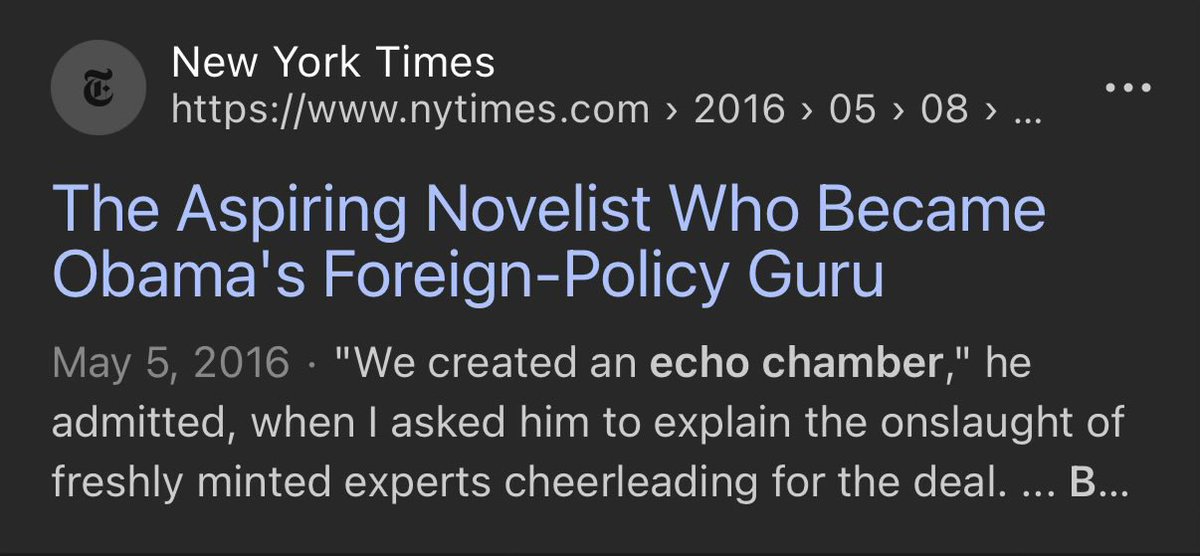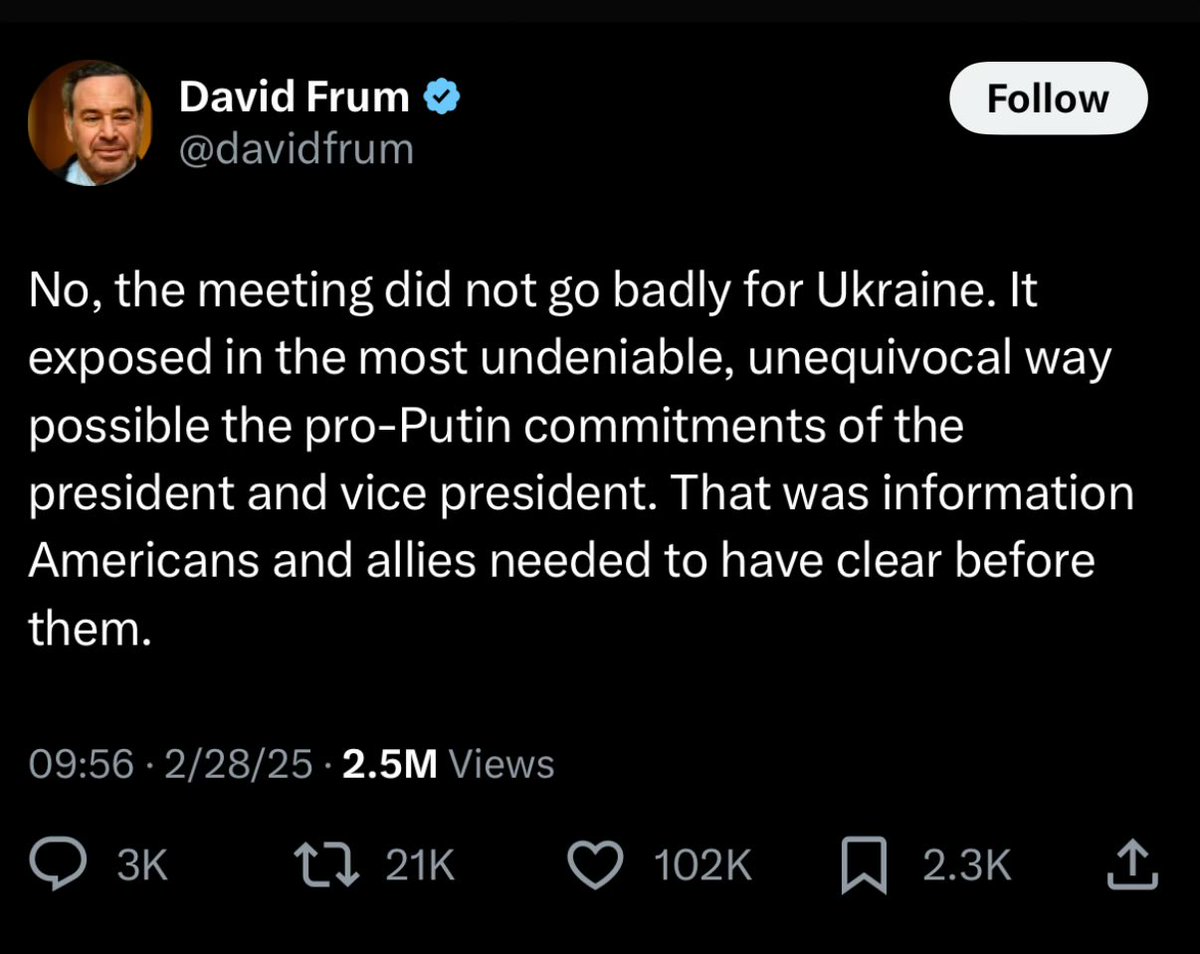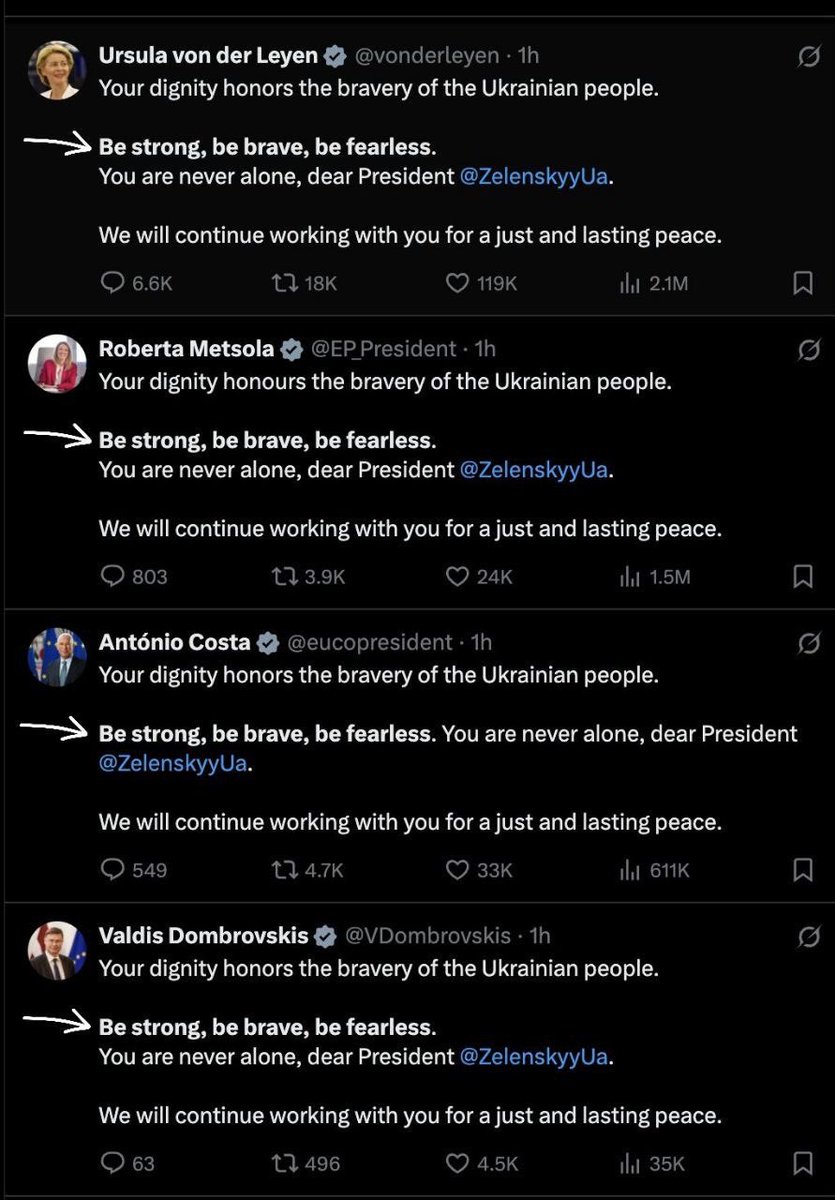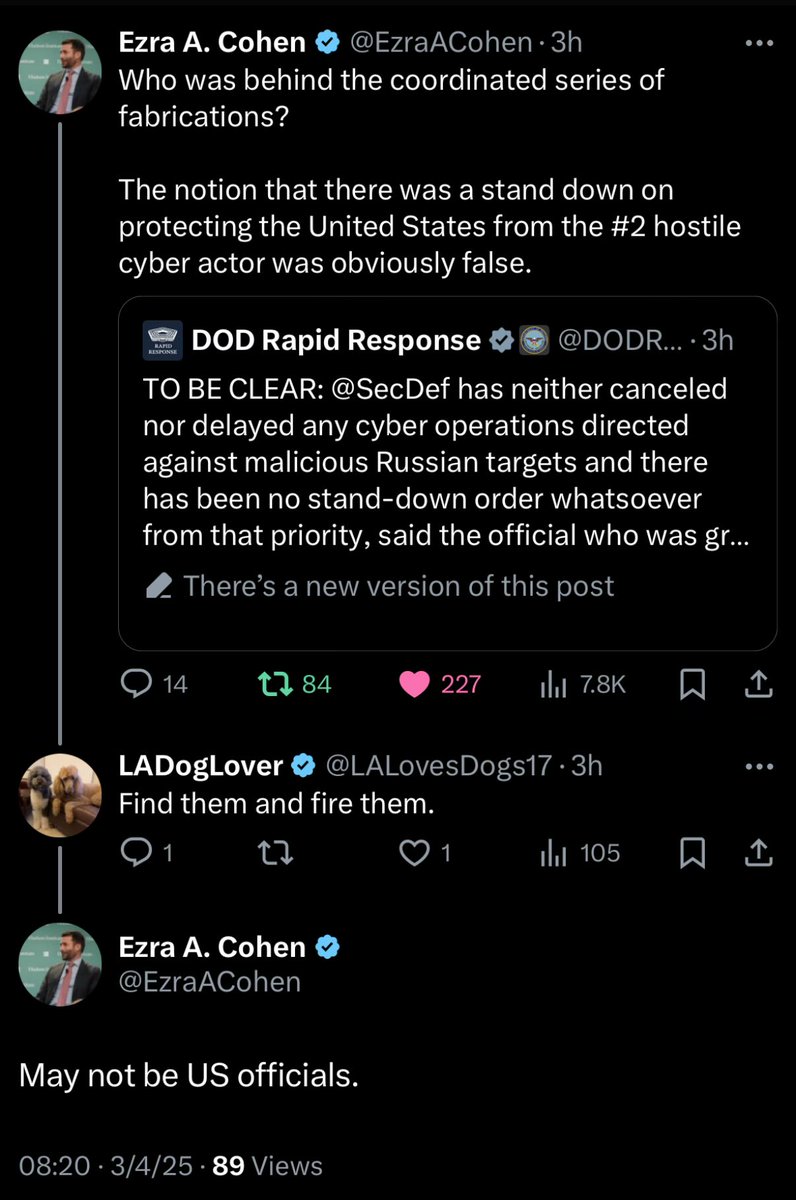ANATOMY OF AN ANTI-POTUS OP
Breathless headlines! Anonymous sources!
We say “fake news” a lot, but don’t often catch it in the act. But not today.
We got a live one.
Let me break it down for you how the international left runs ops.
There’s a lot to unpack.
1/
Breathless headlines! Anonymous sources!
We say “fake news” a lot, but don’t often catch it in the act. But not today.
We got a live one.
Let me break it down for you how the international left runs ops.
There’s a lot to unpack.
1/

HERES WHAT HAPPENED.
A London* based legacy media site reports an American agency has changed its posture towards Russia.
No citations. No comment from the agency. Basically rumor.
NEXT. A U.S. based reporter posts it.
*remember this for later, it’s important.
2/
A London* based legacy media site reports an American agency has changed its posture towards Russia.
No citations. No comment from the agency. Basically rumor.
NEXT. A U.S. based reporter posts it.
*remember this for later, it’s important.
2/
The tweet does 100k+, people are talking about it. DHS hears about it and puts out a statement:
“CISA remains committed to addressing all cyber threats to US critical infrastructure, including from Russia. There has been no change in our posture or priority on this front.”
3/
“CISA remains committed to addressing all cyber threats to US critical infrastructure, including from Russia. There has been no change in our posture or priority on this front.”
3/

The DHS statement gets a fraction of the reach the original media does. so this aspect of the op is successful.
NOW HERES WHERE THINGS GET INTERESTING.
>> why did the Guardian write the article? Why did they write it **yeaterday**?
4/
NOW HERES WHERE THINGS GET INTERESTING.
>> why did the Guardian write the article? Why did they write it **yeaterday**?
4/
Another dubiously sourced story, written by another journalist with a history of writing articles of dubious accuracy!
And in the exact same time frame (the last 36 hours).
Odd, no?
5/
And in the exact same time frame (the last 36 hours).
Odd, no?
5/

To me, this smells like an OP
> push Zelinsky to demand an in-person meeting, tell POTUS “I’ll sign”
> EU photo op day before
> blindside him in the Oval with new demands + vague threats
> use the “Ben Rhodes echo chamber”to create the “pro-Putin” narrative.
But… whose op?
6/
> push Zelinsky to demand an in-person meeting, tell POTUS “I’ll sign”
> EU photo op day before
> blindside him in the Oval with new demands + vague threats
> use the “Ben Rhodes echo chamber”to create the “pro-Putin” narrative.
But… whose op?
6/

Well, from my perspective, it sounds like this was one piece of a larger op targeting the President.
In fact, today we have coordinated statements from the French and the English.
>> remember: the thing that started it all was an article from the Guardian?
And now this:
7/
In fact, today we have coordinated statements from the French and the English.
>> remember: the thing that started it all was an article from the Guardian?
And now this:
7/
https://twitter.com/lauraloomer/status/1895882136743211408
Nothing happens in a vacuum.
And that includes the threats apparently made to President Trump by Zelensky.
So, if I were advising @AGPamBondi, I would — out of an abundance of caution — open investigations into former officials involved. Were there Logan Act violations?
8/
And that includes the threats apparently made to President Trump by Zelensky.
So, if I were advising @AGPamBondi, I would — out of an abundance of caution — open investigations into former officials involved. Were there Logan Act violations?
8/
@AGPamBondi Look at the pile-on from the usual suspects.
You think these people aren’t all on signal group chats together?
Of course they are.
Next: they’ll push Congress to hold hearings. They’ll use leaks from “holdovers” in the admin to dribble out rumor + speculation.
9/
You think these people aren’t all on signal group chats together?
Of course they are.
Next: they’ll push Congress to hold hearings. They’ll use leaks from “holdovers” in the admin to dribble out rumor + speculation.
9/

@AGPamBondi Now, they’ll push back on this observation, “these things aren’t connected!”
But if you architect these ops well — the way Rhodes did — they’re top-down. Not every player knows they’re being played.
So don’t take their breathless denials seriously.
Just stay frosty.
10/10
But if you architect these ops well — the way Rhodes did — they’re top-down. Not every player knows they’re being played.
So don’t take their breathless denials seriously.
Just stay frosty.
10/10
@AGPamBondi Lmao look at this.
https://twitter.com/mzhemingway/status/1895884101900775888
@AGPamBondi Right on time,
• • •
Missing some Tweet in this thread? You can try to
force a refresh















